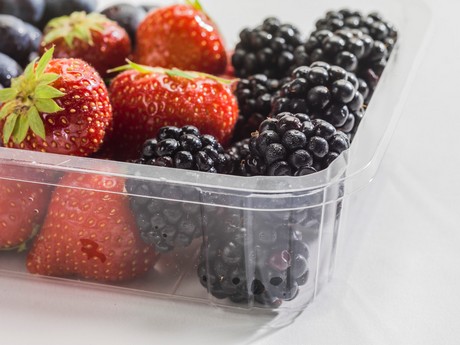 for improving the management of food products, from production to consumption. It is with this concept in mind that ILIP, one of the European leading food packaging manufacturers, will be exhibiting at Interpack (stand FG / IPP21), the packaging sector's largest exhibition, to be held at Messe Düsseldorf from 8 to 14 May.
for improving the management of food products, from production to consumption. It is with this concept in mind that ILIP, one of the European leading food packaging manufacturers, will be exhibiting at Interpack (stand FG / IPP21), the packaging sector's largest exhibition, to be held at Messe Düsseldorf from 8 to 14 May.The Bologna-based company will be among the protagonists of the Innovationparc Packaging area, which this year is dedicated to Save Food initiative: the food waste prevention project launched by Messe Düsseldorf itself, in partnership with FAO. ILIP was the first manufacturer of thermoformed packaging to join the project, in which many of the industry's key players have come together in an effort to resolve this serious environmental issue.
According to estimates by Save Food, about one third of all food produced each year in the world is wasted along the supply chain. The "Food Wastage Footprint" report estimates that these quantities of food waste account for nearly 3.3 billion tonnes of CO2.
"All the key players recognize the fundamental role of packaging in ensuring the safety and protection of the products and improving the management of logistics, thereby preventing waste", explains ILIP Sales & Marketing Director Roberto Zanichelli. "Packaging materials must therefore not be seen as an environmental and economic cost, but rather as a resource that's capable of rendering the sector more efficient and environmentally sustainable."
ILIP has actively contributed to the research conducted on these issues, even initiating a partnership with the University of Bologna in order to study how shelf life is affected by the interactions between fruits and vegetables and the packaging materials themselves.
The high recyclability of plastic materials, a field in which ILIP was among the first pioneers, provides an additional impetus for improving the way in which packaging is perceived. ILIP is the largest division of ILPA group, the only European company in its sector to have vertically integrated the entire recycled PET process, from the recycling of the post-consumer bottles, to the production of new r-PET food packaging.







